Portrait of Evelyn Granville
the MAA Committee on Participation of Women
Evelyn Granville
Evelyn Granville is an American mathematician who was born in 1924. She was
one of the first black women in the United States to receive a Ph.D. in
mathematics.
She has made many contributions to NASA's Space Shuttle program. She worked
as a mathematical analyst for Space Technology Laboratories. She studies
rocket trajectories.
You might also be interested in:
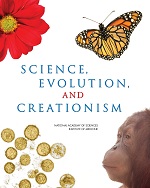
How did life evolve on Earth? The answer to this question can help us understand our past and prepare for our future. Although evolution provides credible and reliable answers, polls show that many people turn away from science, seeking other explanations with which they are more comfortable.
...more
Rockets create thrust by burning fuel within a confined space and expelling the exhaust gases through a small opening, pushing the rocket in the other direction. They are able to generate the high speeds
...more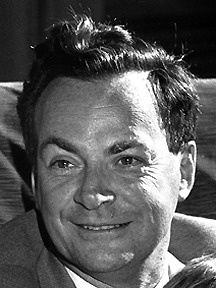
Richard Feynman was an American physicist who lived between 1918-1988. He contributed to many areas of physics, including atomic theory and quantum electrodynamics, which studies electron behavior. Following
...more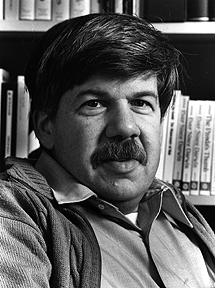
Stephen Jay Gould was an American paleontologist who was born in 1941. He revised Darwin's theory of evolution, introducing his own concept of punctuated equilibrium. This states that evolution is not
...more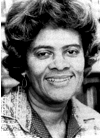
Evelyn Granville is an American mathematician who was born in 1924. She was one of the first black women in the United States to receive a Ph.D. in mathematics. She has made many contributions to NASA's
...more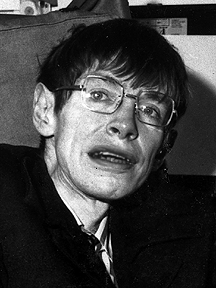
Stephen Hawking is an English
...more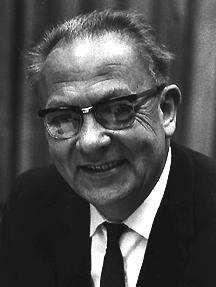
Gerard Kuiper was an American astronomer who lived between 1905-1973. He is considered the father of modern planetary science for his brilliant study of our solar system. Kuiper developed new techniques
...more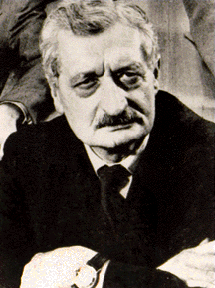
Hermann Oberth, born in Transylvania, Romania, was a physicist who lived between 1894-1989. He became convinced that space travel was possible at an early age, inspired by a Jules Verne science fiction
...more














